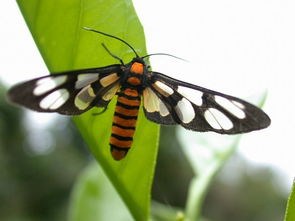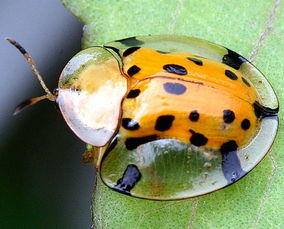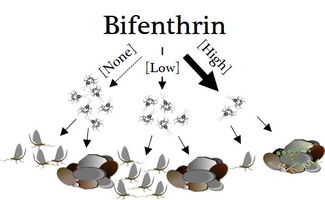
Small Insect Bites: A Comprehensive Guide
Have you ever found yourself scratching an itchy spot on your skin, only to realize it’s the result of a small insect bite? Insect bites can range from minor annoyances to serious health concerns, depending on the type of insect and the individual’s immune response. This article delves into the various aspects of small insect bites, including their causes, symptoms, treatment, and prevention methods.
Causes of Small Insect Bites

Insects such as mosquitoes, ticks, fleas, bed bugs, and ants are known to bite humans. Here’s a brief overview of the most common causes:
| Insect | Common Habitat | Why They Bite |
|---|---|---|
| Mosquitoes | Moist, warm environments | For blood meals to reproduce |
| Ticks | Grass, shrubs, and forests | For blood meals and to transmit diseases |
| Fleas | Animals, carpets, and furniture | For blood meals and to reproduce |
| Bed bugs | Bedding, furniture, and cracks in walls | For blood meals and to reproduce |
| Ants | Lawns, gardens, and buildings | For food and to defend their colony |
Symptoms of Small Insect Bites

The symptoms of small insect bites can vary widely, depending on the type of insect and the individual’s immune response. Common symptoms include:
-
Red, itchy bumps on the skin
-
Pain or swelling at the bite site
-
Wheals or hives
-
Swelling of the lymph nodes
-
Fever or flu-like symptoms
Treatment of Small Insect Bites

Most small insect bites can be treated at home with over-the-counter remedies. Here are some effective treatment options:
-
Cool compresses: Apply a cool, wet compress to the bite site to reduce swelling and itching.
-
Antihistamines: Over-the-counter antihistamines can help alleviate itching and reduce inflammation.
-
Topical corticosteroids: These creams can reduce swelling and itching, but should be used sparingly.
-
Hydrocortisone cream: This over-the-counter cream can help soothe the skin and reduce inflammation.
-
Oral pain relievers: Over-the-counter pain relievers, such as ibuprofen or acetaminophen, can help alleviate pain and reduce inflammation.
Prevention of Small Insect Bites
Preventing small insect bites is crucial, especially if you’re prone to allergic reactions or live in an area with a high insect population. Here are some prevention tips:
-
Wear long-sleeved shirts and pants when outdoors, especially during dawn and dusk when insects are most active.
-
Use insect repellents containing DEET, picaridin, or oil of lemon eucalyptus.
-
Check your clothing and body for ticks after spending time in grassy or wooded areas.
-
Keep your home clean and free of clutter to reduce insect habitats.
-
Seal gaps and cracks in your home to prevent insects from entering.
Remember, if you experience severe symptoms, such as difficulty breathing, swelling of the throat, or a high fever, seek medical attention immediately. Small insect bites can sometimes lead to serious complications, so it’s essential to be aware of







